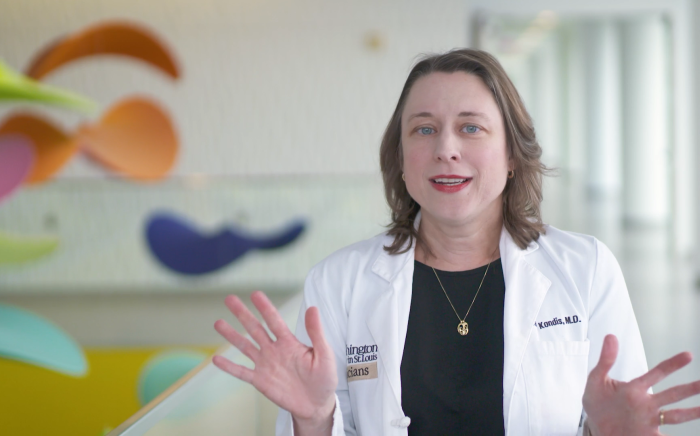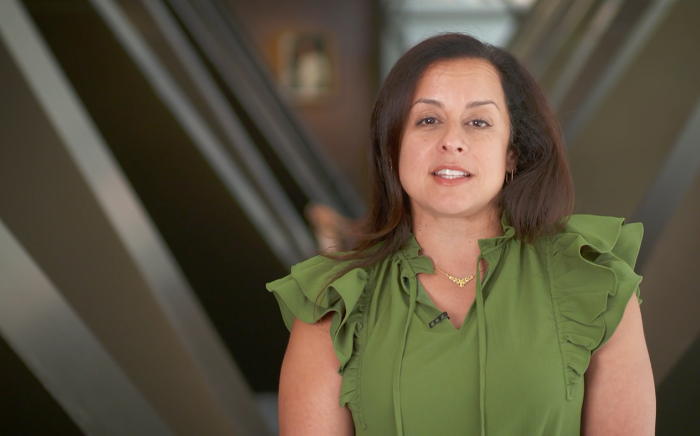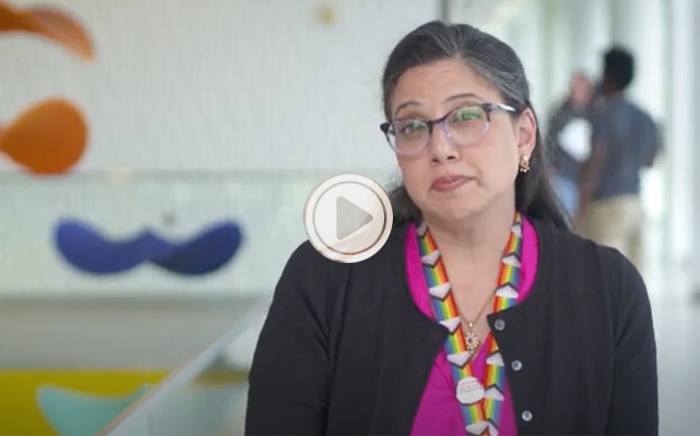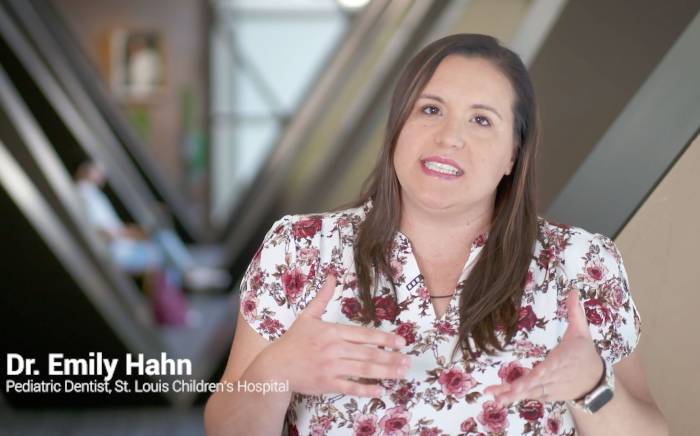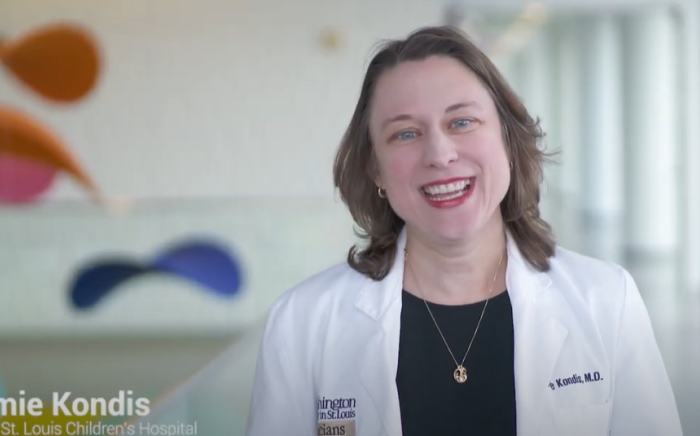Fellows will be expected to have at least 8 hours per month of formal learning activities relevant to their professional and training goals. Fellows are required to participate in the Department of Psychology didactics listed below. Fellows are welcome to supplement the 8 required hours of Psychology didactics with other medical school learning opportunities based on their interest areas and training needs.
Department of Psychology
- Clinical Intervention: This seminar is designed to enhance competences in evidence-based assessment and intervention for common presenting concerns in both pediatric and child clinical psychology. Pediatric and Child Clinical faculty and invited guest speakers will present on a rotational basis based on clinical areas of expertise.
- Diversity, Equity, Inclusion (DEI) Seminar: DEI seminar is designed to provide didactics related to awareness, sensitivity, and skills in working professionally with diverse individuals, groups, and communities who represent various cultural and personal backgrounds and characteristics defined broadly and consistent with APA policy. Various Pediatric and Child Clinical faculty, as well as invited outside guest speakers, will facilitate the seminar.
- Pediatric Psychology Case Conference: Case conference is designed to enhance competencies in clinical assessment, case conceptualization, and evidence-based intervention through peer and faculty consultation. Fellows present clinical cases on a rotational basis and are expected to present twice in the 6-month didactic series.
- Professional Issues and Development: This seminar is designed to assist fellows in areas of professional development including but not limited to editing CVS, preparing for job applications and interviews, and preparing for aspects of autonomous practice. Various Pediatric and Child Clinical faculty, as well as invited outside guest speakers, will facilitate the seminar.
- Psychology Department Best Practices Seminar: This seminar is designed to enhance competencies in best practices and evidence-based care for a broad range of clinical issues in both psychology and neuropsychology. Per the Best Practice Guidelines, “The purpose of the Best Practice/Hot Topics presentations is for providers to work toward their continuing education and learn about new and upcoming topics that they can integrate into their practice.” Each fellow is expected to present once during the training year.
- Research and Quality Improvement Seminar: This seminar is designed to enhance competencies with respect to conducting research, creating and executing quality improvement projects, and engaging in grant writing within an academic medical center. It will provide learning experiences in conducting pediatric psychology research and quality improvement in an academic medical center. Please see the Research section of Handbook for more detailed information. Dr. Rebecca Foster facilitates this seminar.
- Supervision Seminar: The goal of Supervision seminar is to assist fellows in the development of intermediate to advanced knowledge in the area of clinical supervision. Fellows will read assigned articles and book chapters and be prepared to discuss them. Supervision Seminar will be facilitated by the training faculty.
- Other areas of didactic focus may include ethics and advocacy, as well as specific medical didactics based on the fellow's primary clinical rotations.
Washington University School of Medicine (optional)
- Psychiatry Grand Rounds (weekly)
- Developmental & Behavioral Pediatrics Focus Group (1 hr/month)
- Pediatric Grand Rounds (weekly)
- Pediatric Early Bird Rounds (weekly)
- Pediatric Medical Resident Training Seminars (several options per week)
Other training experiences
- Fellows will have the opportunity to conduct two community/professional education presentations.
- Fellows will have the opportunity to provide clinical supervision to a psychology graduate student and to receive mentoring in supervision skills.




